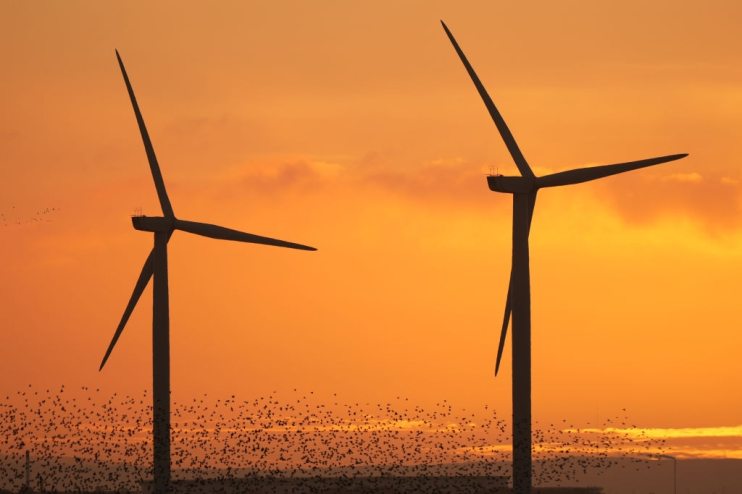Green spending has become a stalemate between the Treasury and private capital

If a four-pack of toilet rolls costs £2, but an eight-pack costs £3.5, is it sensible to keep buying the smaller pack? What if you want a pack that costs more, say £10? You’ve only got £2, but your better-off flatmate has £8. They’ll spend if you do, but won’t if you don’t. Is it responsible to hold on to your money then?
Despite George Osborne’s best efforts, household budgets are not the right metaphor for government finances. Till receipts for onions and soap are hardly comparable with departmental budgets for business and defence.
The questions of when and how to invest, however, do apply to the current chancellor’s attitude to climate. While the prime minister lays out plans for a green industrial revolution, Rishi Sunak has held back. The government is currently investing around £5bn a year in reaching net zero, but we will need around £22bn extra to get on track. The spring budget made up just one per cent of the extra spending required – the spending review will need to do much more.
Coming out of the pandemic, the chancellor is clearly concerned about public spending and the national debt. He has sought to cultivate a reputation for fiscal prudence. The problem now is that reticence is creating significant financial risk, especially around climate.
Let’s start with the cost. The Office for Budget Responsibility warns that national debt would be 14 times higher with last-minute action to address climate change, rather than investment now. It doesn’t scream fiscal conservatism to sit by and watch debt soar nearly 300 per cent.
When it comes to other funding, it’s become a truism to say the private sector will do the heavy lifting on net zero, through upfront investment, changed business models and job creation. Yet the private sector will be quicker and more ambitious if it knows the government is committed. That requires more than targets and rhetoric. It requires sufficient money, over investable timescales with the strategic direction to back it up. Until that happens, the government, and the chancellor can’t claim to be doing all they can to unleash private enterprise.
This week, the chancellor can put these concerns to bed. Just a few days before the Cop26 climate conference in Glasgow he will deliver a three-year spending review. With a clear package on net zero and the environment he can mobilise private finance to create thousands of jobs and deliver on the government’s legally binding targets.
The first place the chancellor should look is homes. The drastic fall in the cost of wind energy shows that demand can bring lower costs for low-carbon heating – and lower household bills. The recent announcement for subsidising heat pumps will only fund 30,000 a year rather than the 600,000 we know we need. This means an expanded scheme that includes energy efficiency measures, as well as regulation to drive better standards.
On transport, investment in new giga factories building electric vehicles needs pairing with the charging points – especially in rural areas – to tackle “range anxiety”. Alongside the new target for manufacturers to sell more electric vehicles, the chancellor should bin counterproductive reduction in air passenger duty for domestic flights, redirecting savings to investment in rail, particularly core north to south mainlines.
As Boris Johnson himself said: “We have the tools for a green industrial revolution but time is desperately short.” We now need the chancellor to put his cards on the table and show he is prepared to make the fiscally responsible decisions. If he doesn’t spend, the private sector won’t either.